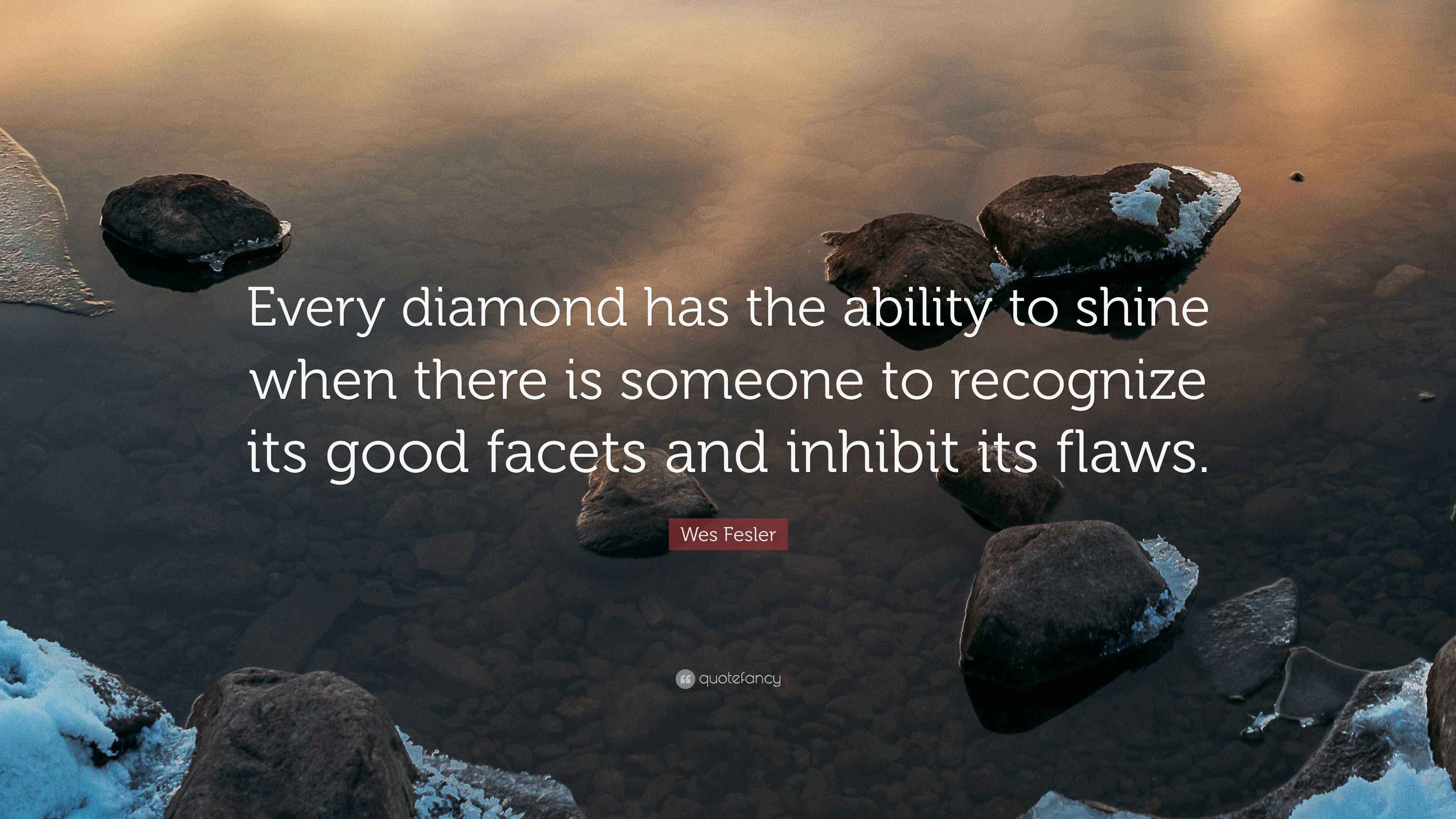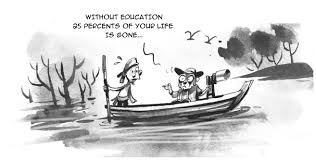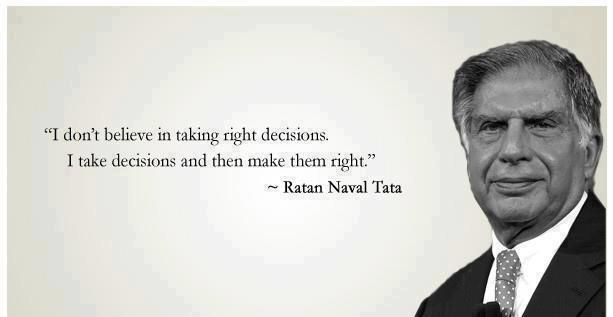I watched the movie – ‘The perks of being a Wallflower!’ When I started watching this movie, I didn’t even know what a wallflower meant. As per Merriam-Webster, it means
a person who from shyness or unpopularity remains on the sidelines of a social activity (such as a dance); a shy or reserved person
The movie is based on an introverted, reserved character named, Charlie, who is like a wallflower. I liked this movie not only because it is a good movie, but also somehow, it relates to me as a person. I always knew that I have been kind of introvert, or even reserved. And I felt ashamed about it. Because usually in society, an introverted or shy person is often neglected, or sidelined. Its hard for him or her to make friends, to get ahead in school or college, to work on group projects, to debate, to share and make friends.
I have experienced this in my life. I remember how hard it was to make new friends in my school and college days. Later, with time and as maturity came, I could cope over this limitation to make friends, but still I fail to keep the friendships for long time. Just like Charlie, I also rarely dared to raise hands in the class to answer the question asked by the teacher, even though I knew the answer. I used to wait for someone else to raise their hands, and thus avoid becoming the center of attention. Because for introverts like us, the most dreaded thing is the limelight or being put on the spot.
I used to blame myself for being fearful in those days. But later did I realise, its not really fear, but it has something to do with my introverted personality type. And the most important thing I learnt quite late is the wisdom that its OK to be introverted. That its OK to stay away from centre of attention. Not everyone needs to be on the stage. If everyone decides to perform on the stage, then who will be the audience? And it is important to accept that its perfectly OK to be a part of audience! Because only those who have the gift to appreciate the talent of others, can become a perfect audience. And introverts possess this gift, who values the aesthetics, and the arts and they appreciate the talent of others. That’s why Wes Fesler quotes

Though it has been many years since this movie has been released, but somehow, it still feels so relevant and lively even today. This movie highlights the fact that there is no shame to be a wallflower, unlike how society makes us feel bad for being one. That its our life and we have to define it on our terms and conditions to live as we want. Personality is a gift, and a unique one bestowed on all of us. There is no perfect personality trait, and hence at the end, there is no such absolute good or bad one. We have to figure out how we want to be!
To be continued…..

© Abhishek Karadkar and abhiknotes.com, 2021. Unauthorized use and/or duplication of this material without express and written permission from this site’s author and/or owner is strictly prohibited. Excerpts and links may be used, provided that full and clear credit is given to Abhishek Karadkar and abhiknotes.com with appropriate and specific direction to the original content.
Copyright © 2021 AbhikNotes – Powered by WordPress.com










